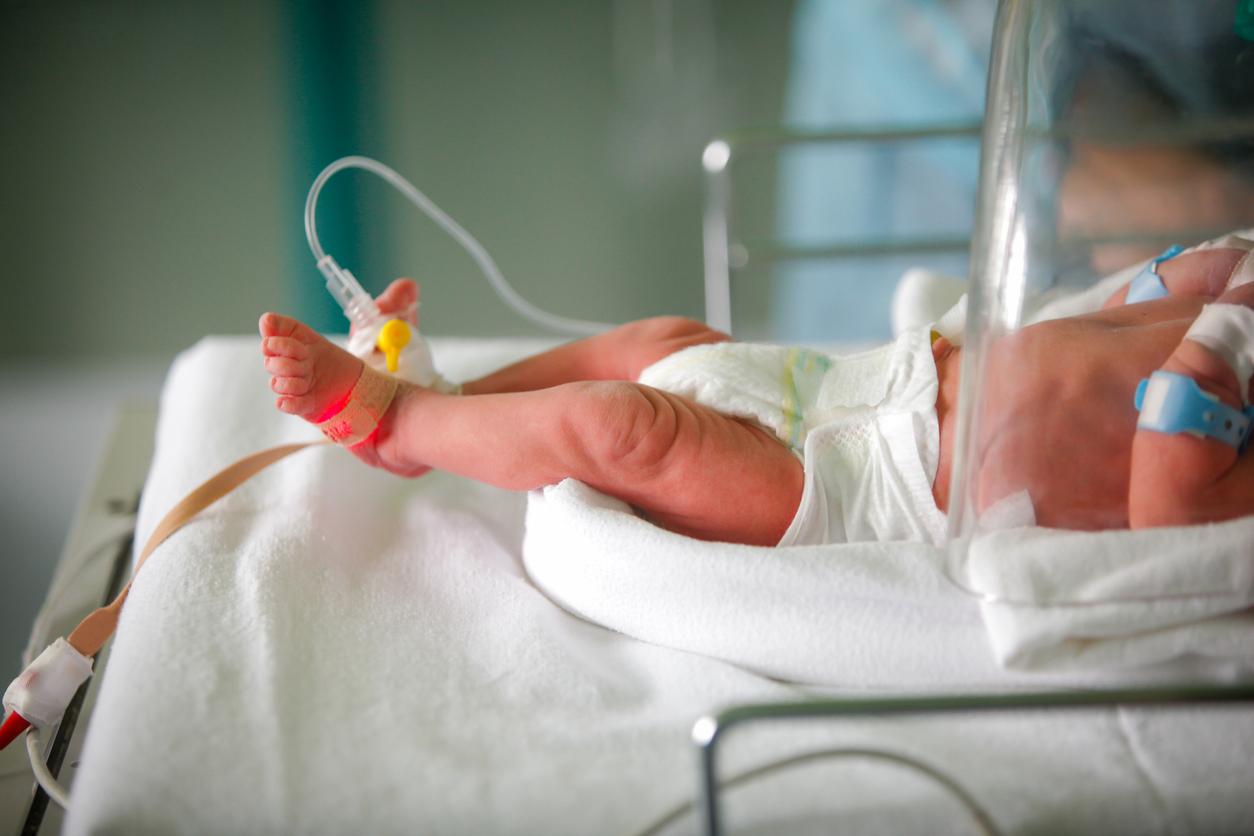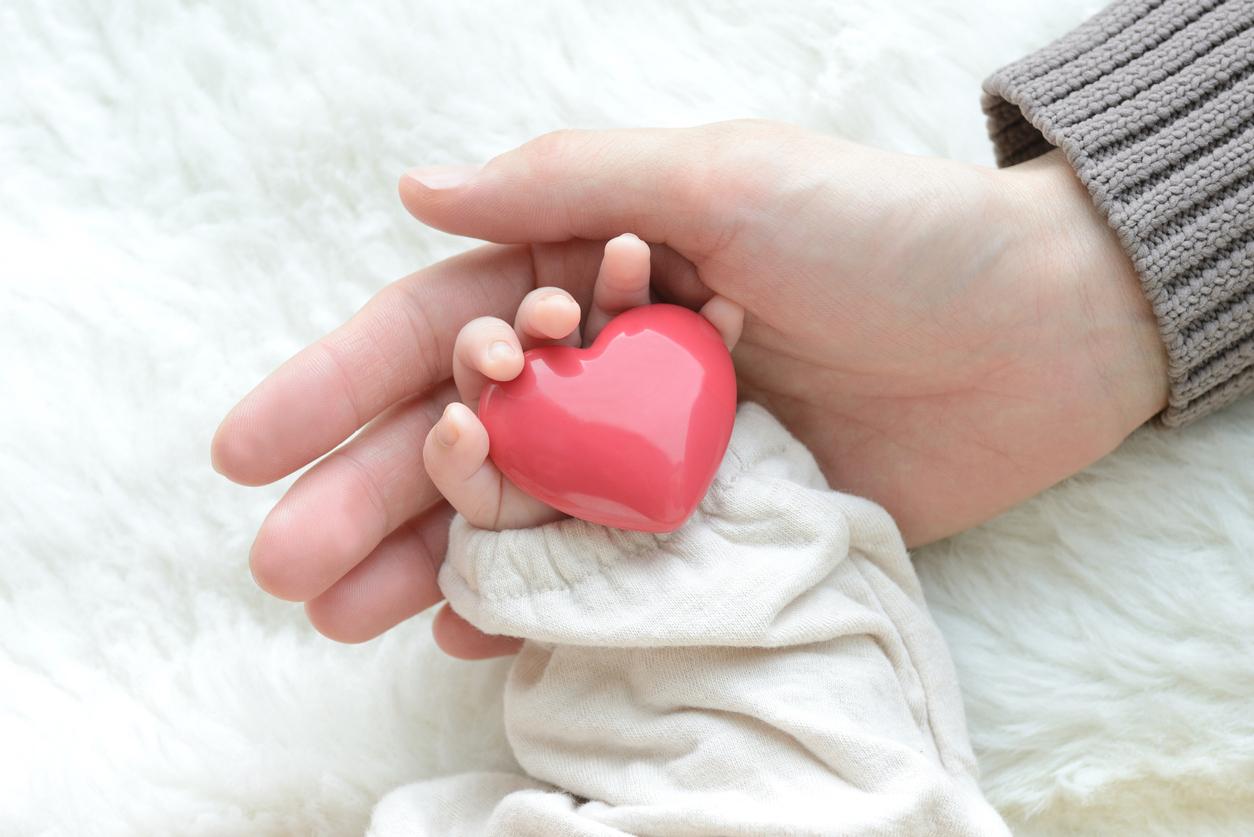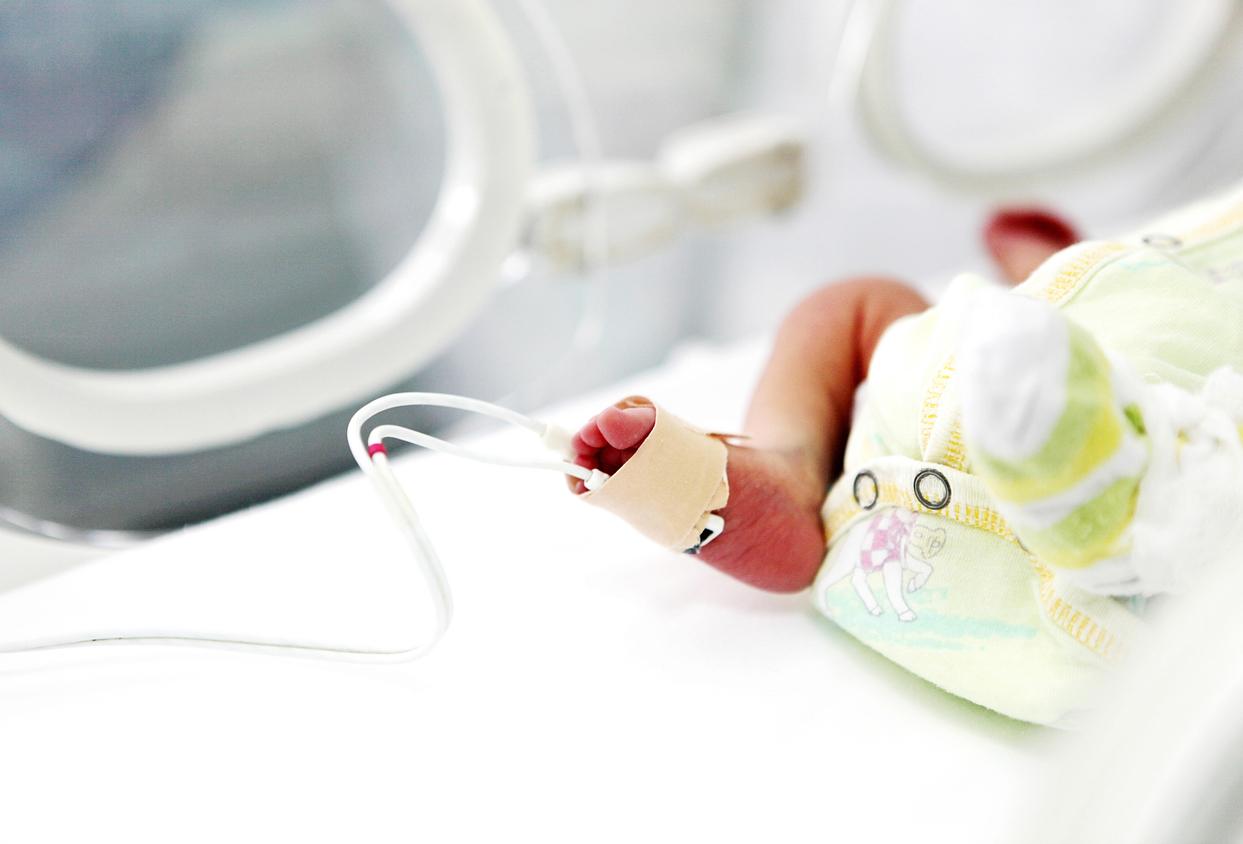Coughing, blowing your nose, sneezing… these symptoms threaten us all, young and old, from the first frost of winter. Usually commonplace, however, in the little ones there are warning signs of seriousness that it is necessary to know how to spot… or prevent.

Nasopharyngitis, cough, otitis, bronchiolitis… these winter ailments are not always benign. Especially in babies under 3 months: a simple blocked nose can prevent them from sucking. The important thing to know is that at this age he has not yet made any antibodies. Nasopharyngitis can progress simply with local care if the child does not have a fever, drinks well and breathes well. But you have to be vigilant, any child of this age, if he appears embarrassed, should even in the absence of fever be seen quickly. In addition, it is strongly recommended as recalled by AFPA, the French Association of Ambulatory Pediatrics in a press release, to all those around the infant to be vaccinated against the most serious illness of winter, the flu, especially if the mother has not had this vaccination during the pregnancy.
Infant bronchiolitis
It is one of the complications of winter infections that affects babies under 2 years old and can be serious especially in small infants and babies born prematurely. It is often caused by a virus called RSV, respiratory syncytial virus. The cough is dry, repeated and the breathing becomes wheezy in this child with a runny nose. The consultation is urgent if the child has difficulty breathing or cannot feed himself, the fact of not drinking more than half of the usual ration is a sign of seriousness.
The obligatory passage of the rhino
For older children, it is also difficult to escape nasopharyngitis with its ritual of well-known symptoms: runny nose, dry then oily cough, sometimes fever and grumpy child. It heals as a rule in a week, but will repeat itself, it is an “immunological training” sometimes brutal and intense, but a necessary passage.
What to do with the little ones? Blow your nose, wash your nose and no more. Indeed it is not necessary to give a drug if the fever is well tolerated because it is a means of defense of the organism against the infection and makes it possible to accelerate the cure. If it is not well tolerated, it is advisable to give paracetamol or even ibuprofen, but after medical advice.
Another very common infection in children: otitis. It can happen right away or complicate a rhino. Fever, pain, crying, sleep disturbances and lack of energy or irritability must be ignored. A medical opinion is then necessary, without rushing to the emergency room, but prefer the doctor who knows the child, pediatrician or general practitioner.
.

















